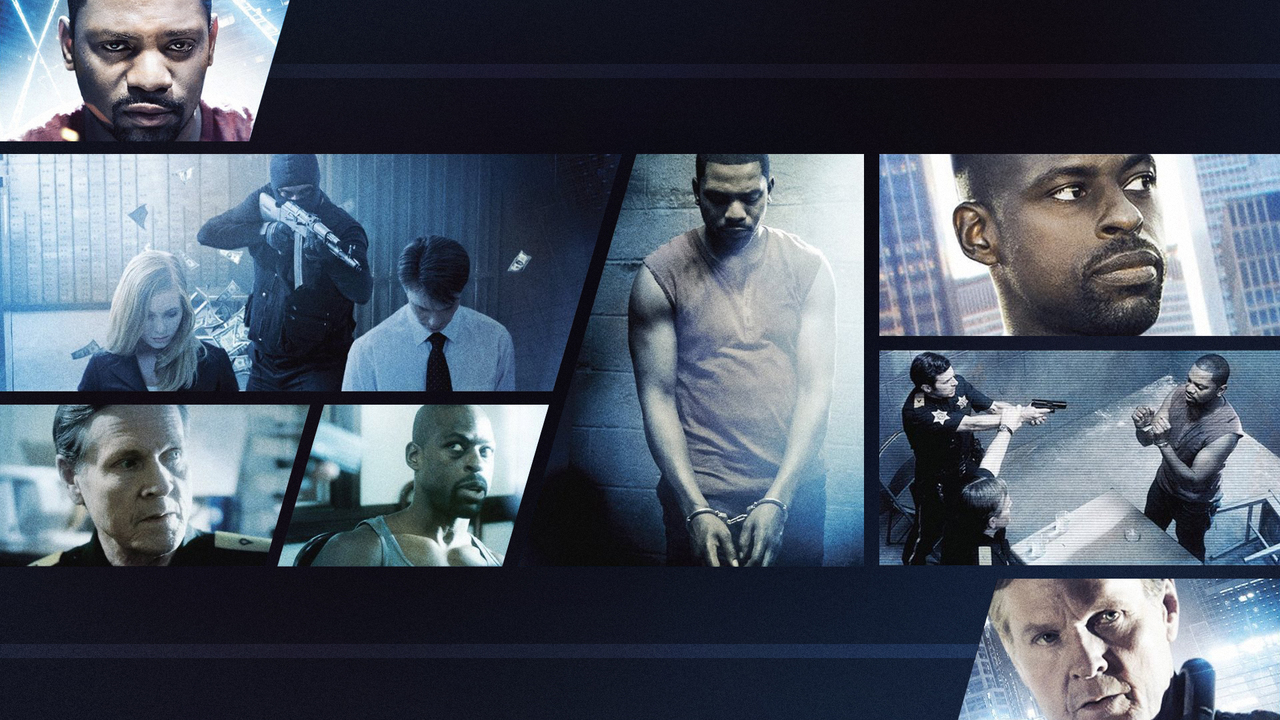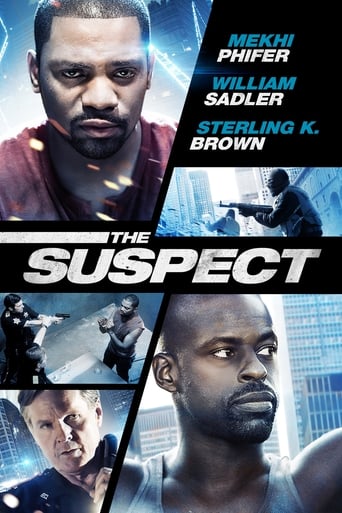

I don't care if a criminal pays 100million restitution a crime was committed. I was a Chicago Police for almost 30yrs. The elements of a crime are quite obvious. I man walks into a bank(or wherever) with a gun (aggravated battery), demanding money(robbery); given the money and leaves. That is armed robbery with aggravated circumstances and all the baloney about some stupid experiment defies logic. Any idiot watching this thinking otherwise is as stupid as the goof who wrote and directed it as well as the producers! These two dogs would be doing at least 10 to 15 to life in any city/state in the US. Now, the real point is the racial line and so outdated you'd have to be a fool to fall for the 1950's thinking. I guarantee any non white cop I EVER PARTNERED with would agree. I don't know what rock this director came out from under but its obvious he his "high!" Which personally, I felt like being myself watching this junk!
... View MoreSPOILER ALERT!!What made the film good is that you don't realize what the film is about until the end. Yes, it started off as a social experiment on racism, only to find out it wasn't really an experiment at all. They actually were robbing the banks and replacing the money with counterfeit and returning the money to the sheriff to be released from custody. Here's the twist: it was never about them robbing the bank in the first place. That was the back up plan. The plan was for the main character to be killed so that his family can receive the insurance money. He would go to small towns in the Deep South where racism is very much still alive and try to provoke the sheriff into killing him. If the sheriff followed protocol and let him go, then the back up plan was to accumulate enough money for his daughter's medical expenses through the bank robberies.There were several "twists" in the film. 1)One being that they weren't actually conducting an experiment, but really robbing the bank. 2)The obviously racist sheriff in the first experiment let them go, but the seemingly good sheriff in the second experiment that is just following protocol is actually the guy that kills him. 3) The actual plan was for him to be killed all along, robbing banks was just the back up plan.The film was good. It takes a little intelligence to understand it, which made it even better.P.S: in response to one review that posed several questions as to the logic in the film: Yes there are cliffs in the Midwest but that is not the setting of the film. The film is set in the South and yes there are cliffs there too. As to how the tire blew out and the guy lost control of his vehicle: the racist rednecks outside the gas station damaged his tire while he was inside paying for his glasses. Yes, the sheriff would report that they died in the car crash so as to end the case and yes a person can be identified when burned by their dental records.
... View MoreWould highly recommend this film and agree with the other reviewer who said to watch it cold without knowing the plot. I am a die-hard movie goer and a tough critic and I loved this film. It is incredibly well- written, directed and produced. This movie feels like a delivery from a seasoned director and production team. Mekhi Phifer is outstanding. His character is smart and edgy. I thoroughly enjoyed every scene with him. Bill Sadler is eerily believable as a not-so-country-bumpkin cop trying to protect his town while trying to solve a crime. The ending is a stunner.The film quality feels like a Hollywood blockbuster in terms of shooting, editing and story line, not an Indie film shot in rural Pennsylvania.Intelligent and gripping - one you will want to enjoy many times over.
... View MoreIt seems that I must have watched a different movie to the first two reviewers. This is easily one of the worst films I've seen all year.Put simply, I was unable to get past the halfway point of this film (I literally walked out on this movie). The acting was horrible, the script was clunky and lacked subtlety of any kind. The portrayal of the police officers in this movie was laughably bad (extremely one-dimensional). The attempt to build suspense had me grinding my teeth very quickly. While the makers of this film were obviously aiming for an intelligent, racially-charged thriller, they've ended up producing an absolute stinker. This is a "B" movie personified.You have been warned!
... View More